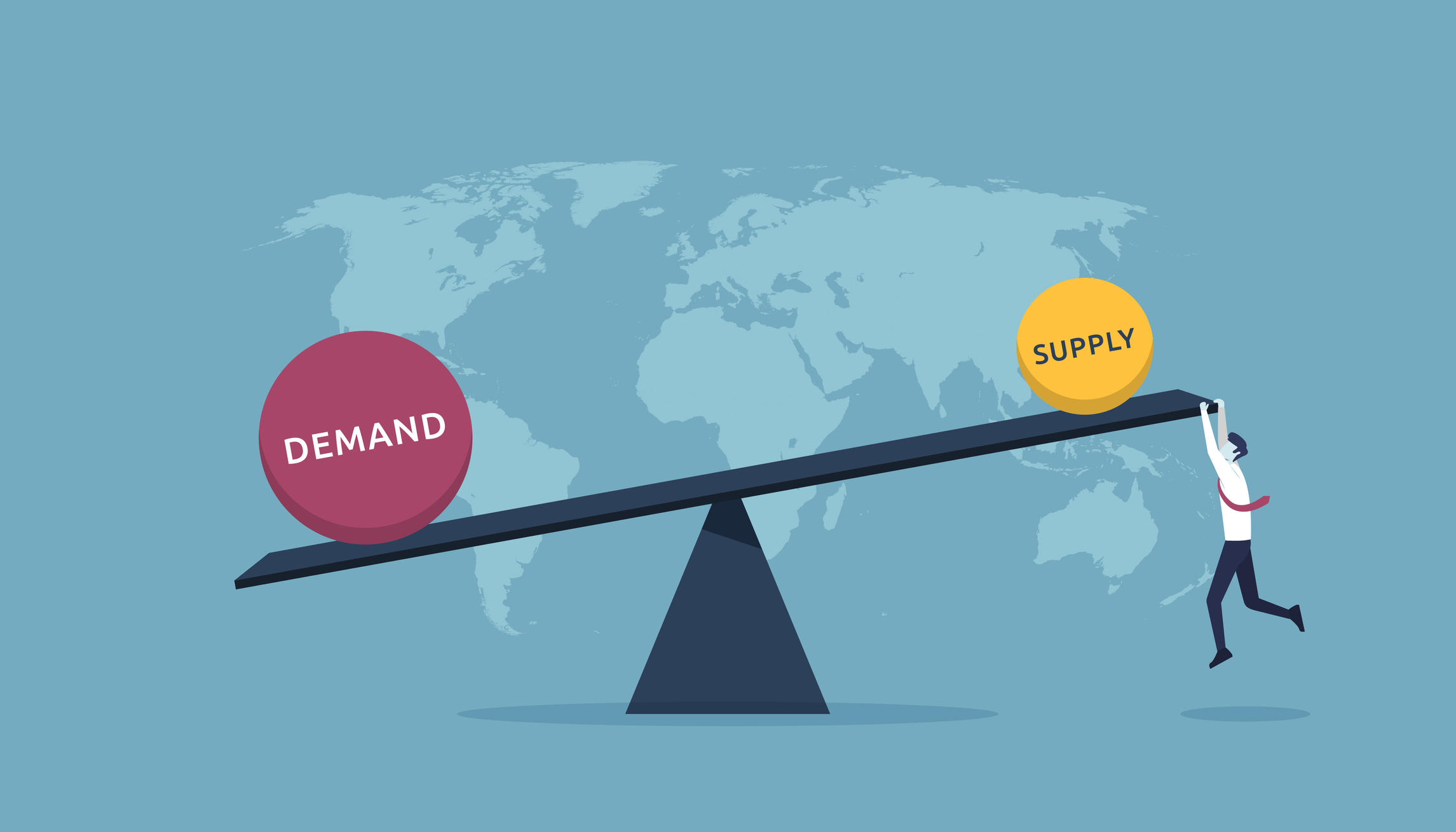Supplier relationships have evolved from transactional interactions to collaborative partnerships that enable companies to innovate faster, reduce costs and manage risks more effectively. In a recent webinar, Fatima Dennis, Director of SRM at SDI, shared insightful best practices on developing strategic, mutually beneficial supplier relationships.
The Growing Importance of Supplier Partnerships
Traditionally, buyer-supplier relationships were transactional and focused on getting the lowest price. But today, there is greater recognition that suppliers can be strategic partners that are integral to business strategy and performance.
Some major benefits of developing collaborative supplier partnerships include:
- Innovation – Joint development of new products, services or processes that would not be possible independently. Suppliers can provide early access to emerging technologies and co-create solutions.
- Competitive Advantage – Preferential access to key materials, capabilities or insights that competitors lack. This can enable launching offerings ahead of competition.
- Cost Efficiencies – Suppliers can help identify and implement opportunities to reduce costs in materials, logistics, inventory and other areas. This generates savings that benefit both parties.
- Accurate Forecasting – Greater transparency enables better demand forecasting, capacity planning and inventory management. This minimizes shortages and surpluses.
- Risk Management – Deeper understanding of the supply base helps assess potential disruptions early and develop mitigation plans through closer coordination.
- Sustainability – Collaboration on initiatives to reduce waste, emissions and unethical practices across the supply chain.
However, this requires moving beyond price-based relationships to partnerships founded on shared goals, transparency and trust.
Best Practices for Strategic Supplier Relationship Management
Several best practices for developing successful strategic partnerships with key suppliers include:
- Set clear expectations – Contracts should outline expected pricing, service levels, quality, sustainability targets etc. so there are no surprises on either side.
- Promote openness – Foster relationships where suppliers feel comfortable surfacing issues proactively without fear of being penalized. Move from reactive to proactive communication.
- Track performance rigorously – Establish processes to measure and review supplier performance across metrics like quality, on-time delivery, responsiveness, sustainability etc.
- Evaluate “soft” factors – Look beyond hard metrics to assess aspects like communication, innovative ideas, engagement in improving processes etc.
- Share detailed scorecards – Provide suppliers access to performance stats through online portals for continuous improvement. Review periodically.
- Be a good customer – Resolve payment issues quickly. Share forecasts, specifications etc. proactively to enable suppliers to perform well.
- Identify improvements – Engage suppliers to collaborate on finding solutions to improve operations, services, costs etc.
Leveraging Technology to Enable Strategic SRM
Technology plays a huge role in enabling more strategic, seamless supplier relationship management:
- EDI and supplier portals – Automate orders, invoices etc. to eliminate manual work and errors on both sides.
- Scorecard portals – Provide suppliers 24×7 access to quality, delivery, spending metrics so they can self-improve.
- Catalog management – Suppliers can directly update product data, pricing etc. which ensures inventory accuracy.
- Order tracking – Real-time shipment status via ASNs improves coordination with internal teams.
- Analytics – Share reports on spending, performance trends etc. to help suppliers optimize operations proactively.
- Self-service – Enable suppliers to manage user access, passwords etc. without lengthy setup processes.
- Mobile access – Allow suppliers to view reports and enter information through smartphones/tablets.
- Co-development – Engage supplier input when designing solutions to simplify transactions and data exchange.
The Bottom Line
Strategic supplier relationship management delivers huge advantages by enabling closer collaboration, rigorous performance management and seamless information sharing via technology. This creates true win-win partnerships that help both buyers and suppliers innovate faster, drive growth and build a sustainable competitive advantage. Watch the webinar, Technology and Trust: Maximizing Value in Supplier Relationships, for more insights.



